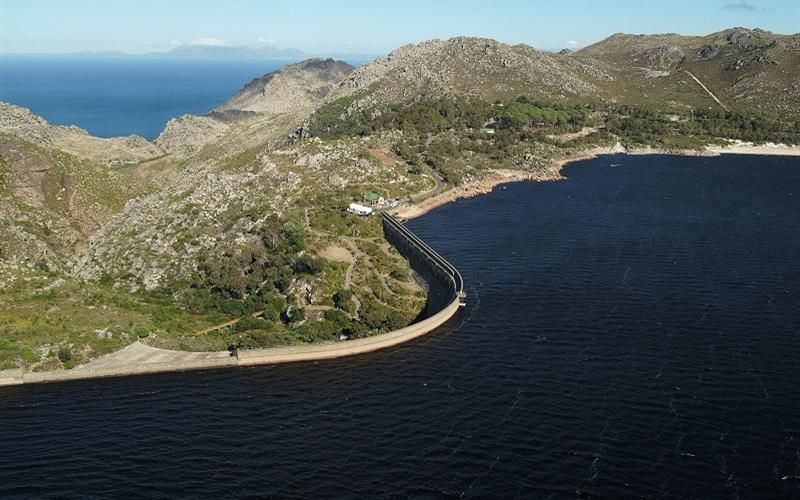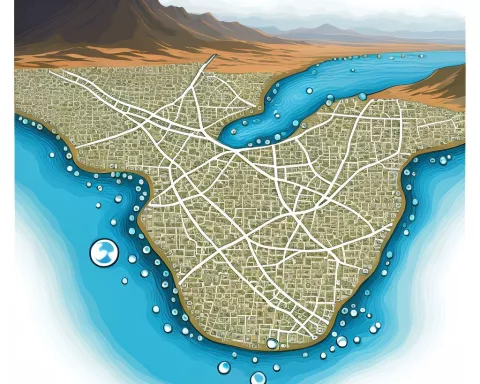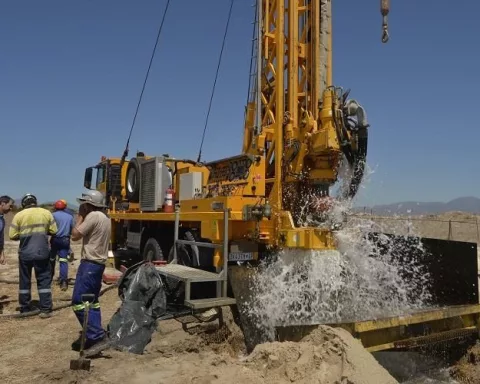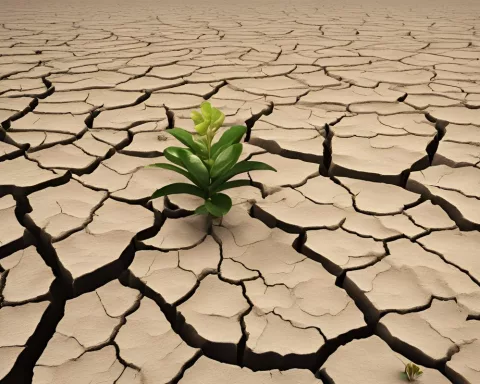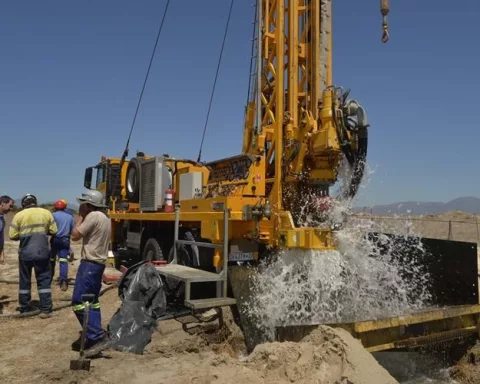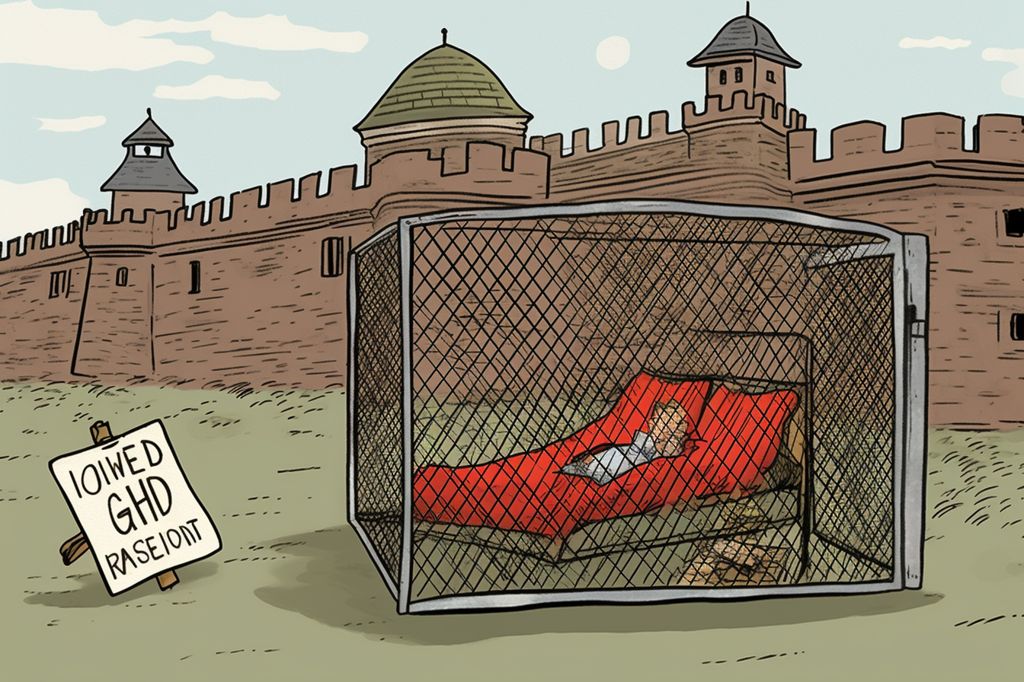As the global population continues to grow and climate change impacts become increasingly apparent, water security has emerged as a pressing issue. Cape Town, in particular, has experienced fluctuations in rainfall patterns, with dams recording 19% lower levels than the previous year. This has raised concerns about the persistence of drought conditions in the long-term.
The New Water Programme
To address the issue of water scarcity, the City of Cape Town has launched the New Water Programme. This initiative aims to reduce the city’s reliance on rainfall and dam storage as primary sources of water. As part of this programme, the city has developed a Drought Monitoring and Response Framework to enhance transparency in water resource management. The framework assesses dam levels annually, on October 31, and outlines five alert levels to guide appropriate responses.
Current Water Status
Currently, Cape Town is classified in the Drought Alert level (80% – 95%), and this status will remain until there is certainty about the volume of winter rainfall. Despite an early rainy season, forecasts indicate that the winter months may be drier than expected, particularly from June to August. As a result, Councilor Zahid Badroodien, Mayoral Committee Member for Water and Sanitation, emphasizes the importance of mindful water consumption, as winter rainfall alone might not be sufficient to meet the city’s water requirements.
Water Challenges and Load-Shedding
The increasing pressure of load-shedding on the water system also calls for a cautious approach. Power disruptions not only impact water treatment plants but also lead to pump breakdowns and reduced availability of chemicals due to manufacturers’ downtime.
Future Planning
With Cape Town’s population on the rise, the City is looking to incorporate the New Water Programme’s elements into its planning for the near future. The Future Water Demand Study is being developed as a tracking tool to identify areas with increasing population density and create plans based on the demands placed on the water system by new customers.
Climate Change and Diversification Efforts
Councilor Badroodien also highlights the potential impact of climate change, suggesting that the city might be in a 10-year drought. In this scenario, plans to diversify water sources, including water reuse, may need to be expedited. Residents should be prepared for the possibility of intensifying water-saving measures in their homes and workplaces.
Desalination and Compliance Monitoring
Desalination is another crucial aspect of the New Water Programme. However, careful consideration must be given to the power requirements for desalination plants, especially given the ongoing load-shedding issues. Following the approval of water use licenses for the Atlantis and Cape Flats Managed Aquifer Recharge sites, monitoring committees have been established to oversee compliance with the terms and conditions.
Addressing Invasive Alien Plants
The city has also made significant progress in combating invasive alien plants, clearing over 40,000 hectares since April 2019, and creating 571 employment opportunities in the process. To further strengthen this effort, an additional R75 million will be committed over the next three years.
A Holistic Approach to Water Security
Cape Town’s experience demonstrates that ensuring water security calls for a multifaceted approach. This approach must incorporate alternative sources, efficient management practices, and consistent community engagement. By embracing this holistic perspective, cities worldwide can better navigate the challenges posed by climate change and ensure water security for generations to come.

